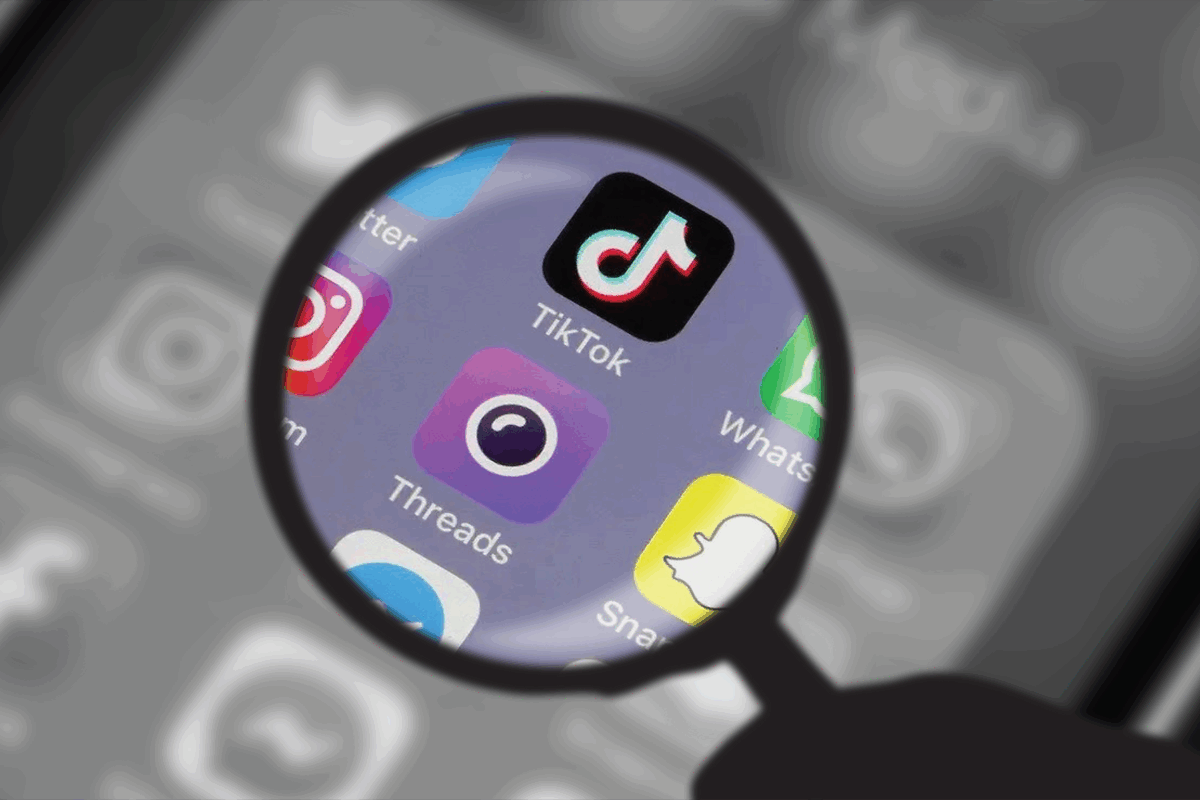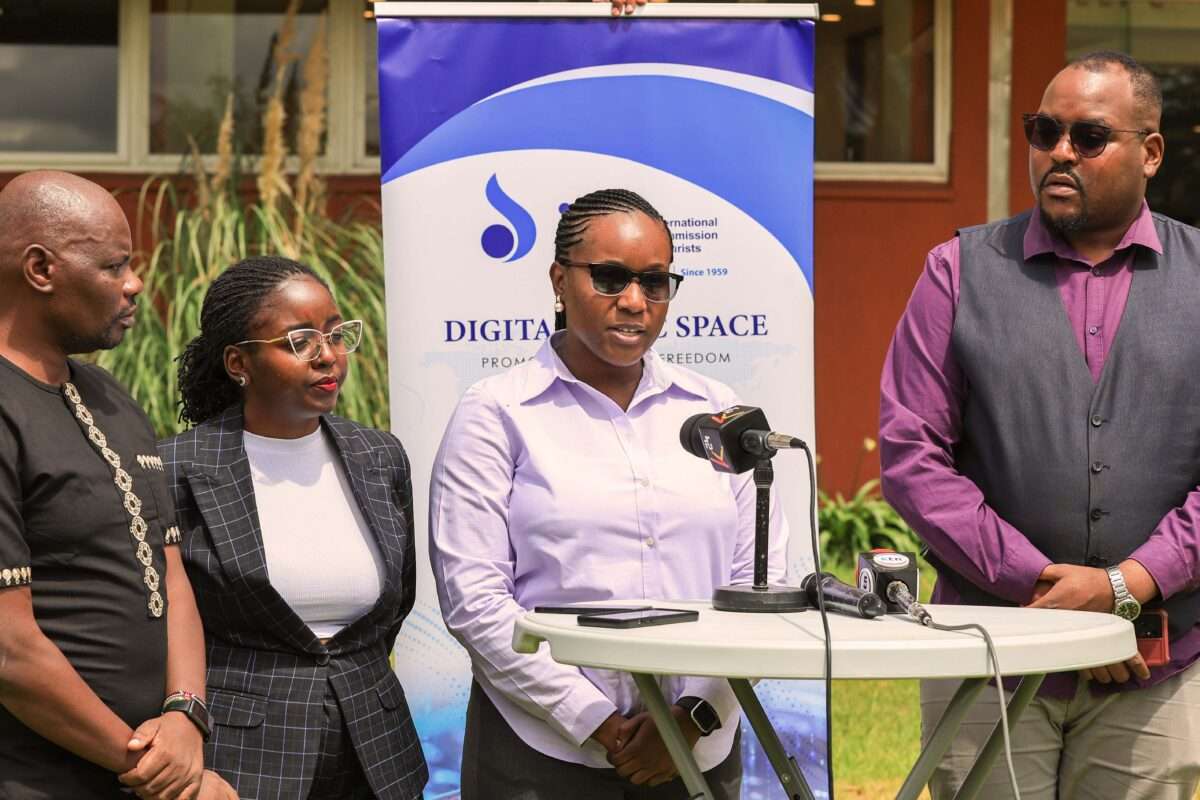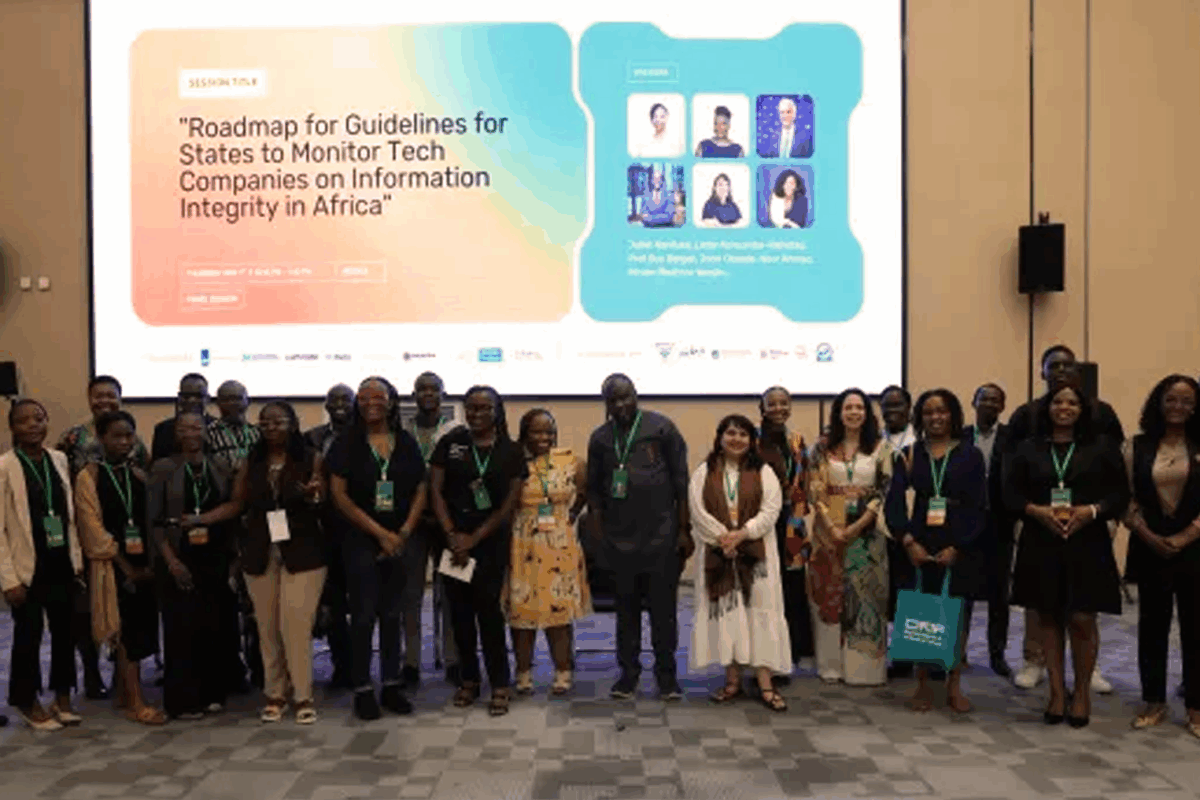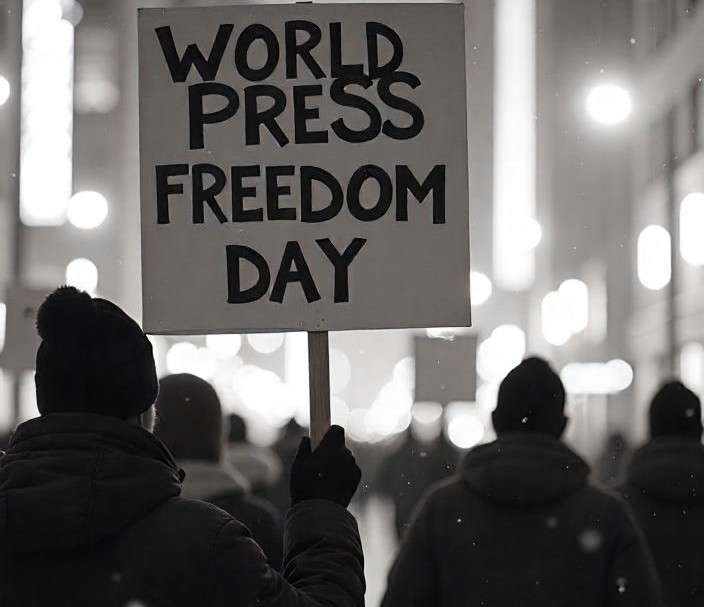By Patricia Ainembabazi |
The Collaboration on International ICT Policy for East and Southern Africa (CIPESA) welcomes the African Commission on Human and Peoples’ Rights (ACHPR) Resolution on Developing Guidelines to Assist States Monitor Technology Companies in Respect of Their Duty to Maintain Information Integrity Through Independent Fact-Checking. Adopted on March 11, 2025, during its 82nd Ordinary Session, ACHPR/Res.630 (LXXXII) 2025 responds to growing concerns about the role of technology companies in undermining information integrity across Africa.
The Resolution mandates the ACHPR Special Rapporteur on Freedom of Expression and Access to Information to develop guidelines to assist States, civil society, and regulatory bodies in holding technology companies accountable. It marks a significant advancement in aligning digital governance practices with the African Charter on Human and Peoples’ Rights and international human rights standards.
The ACHPR Resolution comes on the heels of worrying trends with regards to platform accountability and content moderation in Africa. These include social media threatening social cohesion and elections integrity, a reduction of human fact-checkers, overreliance on automated systems, and insufficient coverage of African languages. While the use of platforms is governed by standards and policies, the Commission cautions that they are not substitutes for corporate responsibility or independent fact-checking mechanisms. The Resolution calls for neutrality to overcome the weaponisation of certain social networks, particularly during elections and conflict situations.
Key Highlights of Resolution 630
Affirmation of Human Rights Standards: The Resolution reaffirms Articles 2 and 9 of the African Charter, emphasising the right to freedom of expression and access to information both offline and online. It also aligns with Principle 5 of the Declaration of Principles on Freedom of Expression and Access to Information in Africa, which calls for equivalent online protections.
Call for Human Rights Impact Assessments (HRIAs): Digital companies operating in Africa are urged to conduct transparent HRIAs, particularly when contemplating policy changes or during high-risk events such as elections and public health crises, in line with the UN Guiding Principles on Business and Human Rights.
Demand for Data Transparency: The ACHPR stresses that African researchers, regulators, and civil society should have equitable access to platform data to facilitate independent assessments of systemic risks to information integrity.
Development of Monitoring Guidelines: The Resolution instructs the Special Rapporteur to collaborate with civil society, regulators, and technology companies to create Guidelines that enable effective monitoring of platforms, including assessing the role and effectiveness of independent fact-checking initiatives.
Initial Recommendations from CIPESA
CIPESA views Resolution 630 as a timely intervention for platform accountability and a significant opportunity to strengthen digital rights in Africa. To ensure the effective implementation of ACHPR Resolution 630, we recommend:
- A multi-pronged approach that begins with active engagement by civil society organisations to facilitate meaningful participation in the Special Rapporteur’s consultations to shape practical, contextually grounded, and enforceable Guidelines that reflect African realities and priorities.
- Policy advocacy for national adaptation, encouraging African States to formally integrate the forthcoming Guidelines into their national digital governance laws and regulations, thereby ensuring their applicability and enforcement beyond soft commitments.
- Support for the creation and sustenance of independent monitoring initiatives by the private sector and other players, including civil society-led observatories that can track, assess, and publicly report on the performance of technology companies in adhering to the Guidelines, thus fostering greater transparency, accountability, and respect for digital rights throughout the continent.
The adoption of ACHPR Resolution 630 signals a critical shift toward building an African digital ecosystem rooted in human rights, transparency, and accountability. The forthcoming Guidelines, if well-designed and widely adopted, could set a new global benchmark for regulating technology companies’ role in safeguarding information integrity.
CIPESA remains committed to contributing to this process and advancing an open, inclusive, and rights-respecting internet in Africa.





